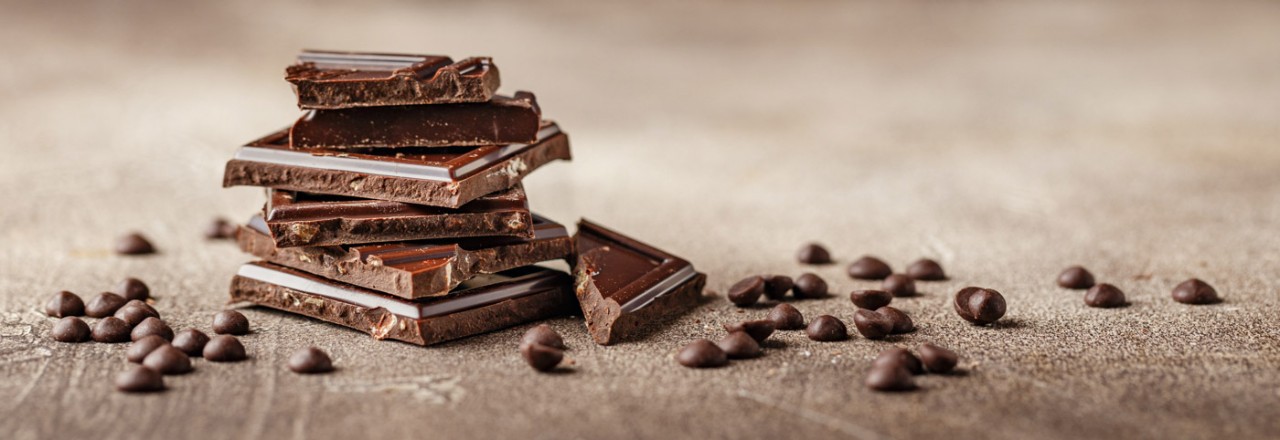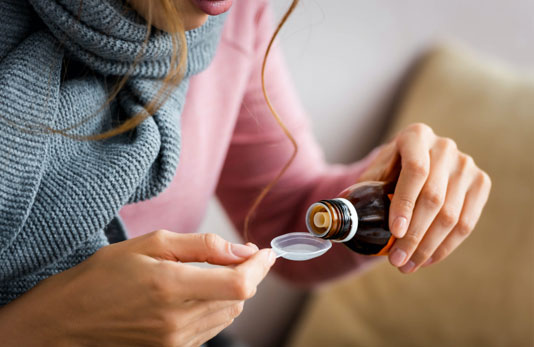Chocolate and your teeth

Attention, sweet tooths! Eating chocolate may not be as bad for your teeth as commonly thought.
The benefits of chocolate
When it comes to sweets and your teeth, time is of the essence. Chewy treats and hard candy stay in the mouth longer than most foods, allowing cavity-causing bacteria to thrive and create plaque. Chocolate, on the other hand, dissolves easily, which means the sugar has less contact with your teeth.
That’s why chocolate is your best bet when choosing candies to snack on, according to the American Dental Association. Only 13% of the 250 dentists surveyed said they gave out hard candy or lollipops.
How to eat chocolate responsibly
Despite its advantages over other candies, chocolate is still full of sugar, so make sure to indulge carefully.
If you’re craving chocolate, choose dark chocolate that’s low in sugar. Wash it down with plain milk or water, and always brush your teeth after eating.
Stay away from chocolate that has nougat, caramel or cookie bits. These can get stuck in your teeth, risking decay. Avoid chocolate-flavored cereals and cakes, too — their high starch content means a feast for cavity-causing bacteria.
Chocolate of the future?
As researchers work to unlock the secrets of the cocoa bean, some studies have observed anti-cavity effects of tannins and flavanoids, two natural compounds found in the bean. Of course, the cocoa-derived drinks used in the studies aren’t what you’ll find at the grocery store, but this research may offer the possibility of dentist-approved candy bars in the future.
Last updated February 15, 2022
Related articles:
The oral health information on this website is intended for educational purposes only. Always consult a licensed dentist or other qualified health care professional for any questions concerning your oral health.


